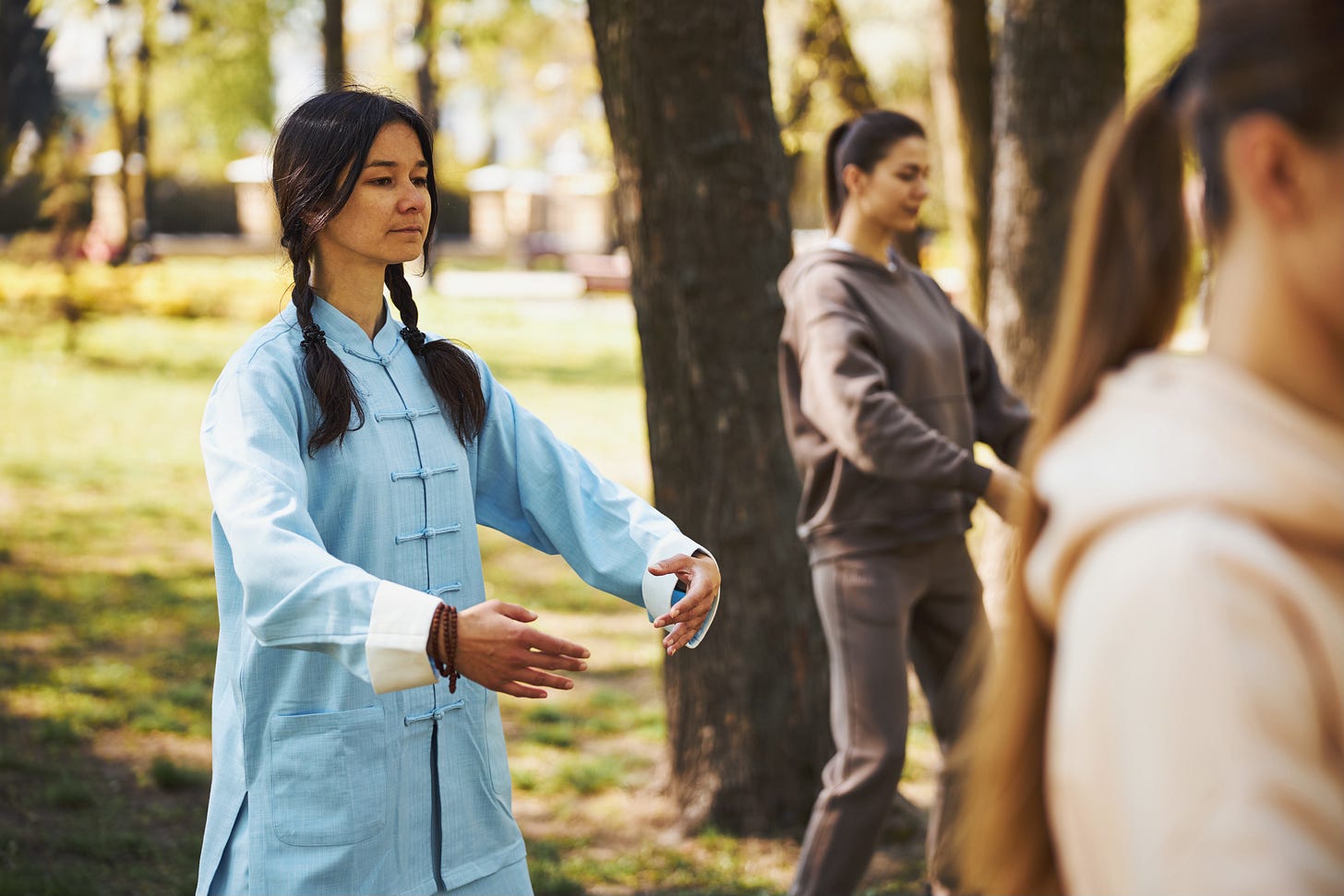Peer-Reviewed Research: Effect of a Single Session of Tai Chi Chuan Practice on Glucose and Lipid Metabolism and Related Hormones
The article titled "Effect of a Single Session of Tai Chi Chuan Practice on Glucose and Lipid Metabolism and Related Hormones" explores the acute effects of a single session of Tai Chi Chuan (TCC) on various metabolic parameters in practitioners, compared to healthy controls. The study is grounded in the broader context of research on TCC's benefits, pa…



